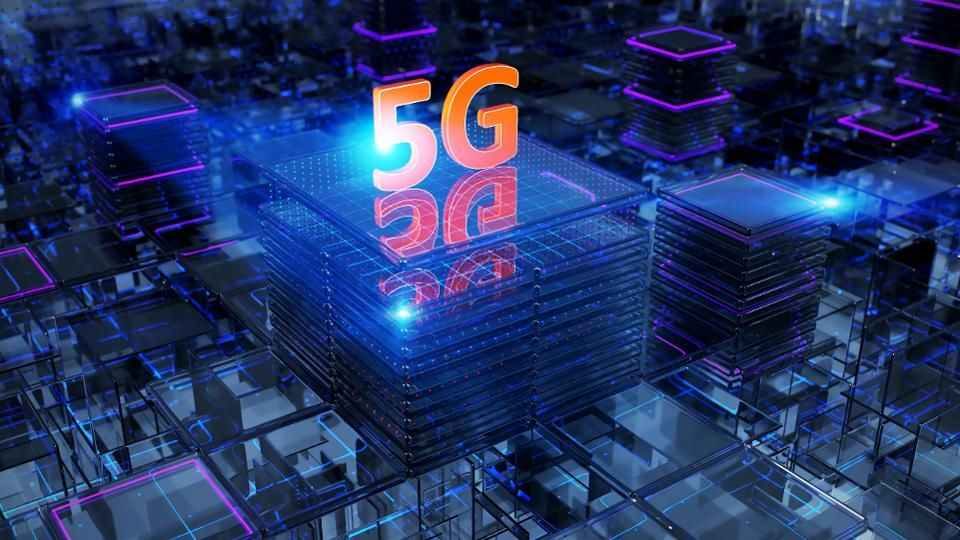Japanese companies join forces to challenge Huawei’s dominance in the next generation 5G market

It’s been a pretty bad month for Chinese 5G company Huawei. Earlier this month, we wrote about the Chinese tech giant after UK government reversed course to ban Huawei gear from Britain’s 5G networks in a major policy U-turn after U.S. sanctions.
Today, Japanese companies announced they are teaming up to challenge Huawei in the in fight over the 5G wireless dominance. According to a report from Nikkei Asian Review, NTT, a Japanese telecommunication group, announced it will acquire a 4.8 percent stake in NEC, a Japan-based telecom equipment-maker, for 64.5 billion yen ($597 million), to spur the development of a “made-in-Japan” 5G network.
If approved by government regulators, the deal will make NTT, which owns Japan’s largest telecommunications carrier, the third biggest shareholder in NEC. The partnership will also give both companies an opportunity to catch up with Chinese equipment makers at a time when those entities are under global political pressure.
Back in June, NEC and Nippon Telegraph and Telephone Corp. also announced they have agreed on a capital and business tie-up for co-development of 5G wireless network technology, aiming to grab the largest share of the global mobile phone infrastructure market by 2030.
“While the U.S.-China relations may become extremely difficult, there is an opportunity to make globally competitive products and systems from Japan,” NTT CEO Jun Sawada said in a news conference on Thursday. The two companies plan to develop equipment for fifth-generation core networks.
Japanese companies are not alone in trying to move away from using Huawei’s 5G products. On Wednesday, Singapore’s three biggest telecommunications companies also said they chose Sweden’s Ericsson and Finland’s Nokia as main equipment suppliers for their 5G networks.
In a related development, late last month, Japanese government also announced that it will provide financial support in the north of 70 billion yen ($653 million), that will go to companies including electronics makers and telecommunications companies, the sources said, as Japan tries to play catch-up with China in the global race for 5G.

